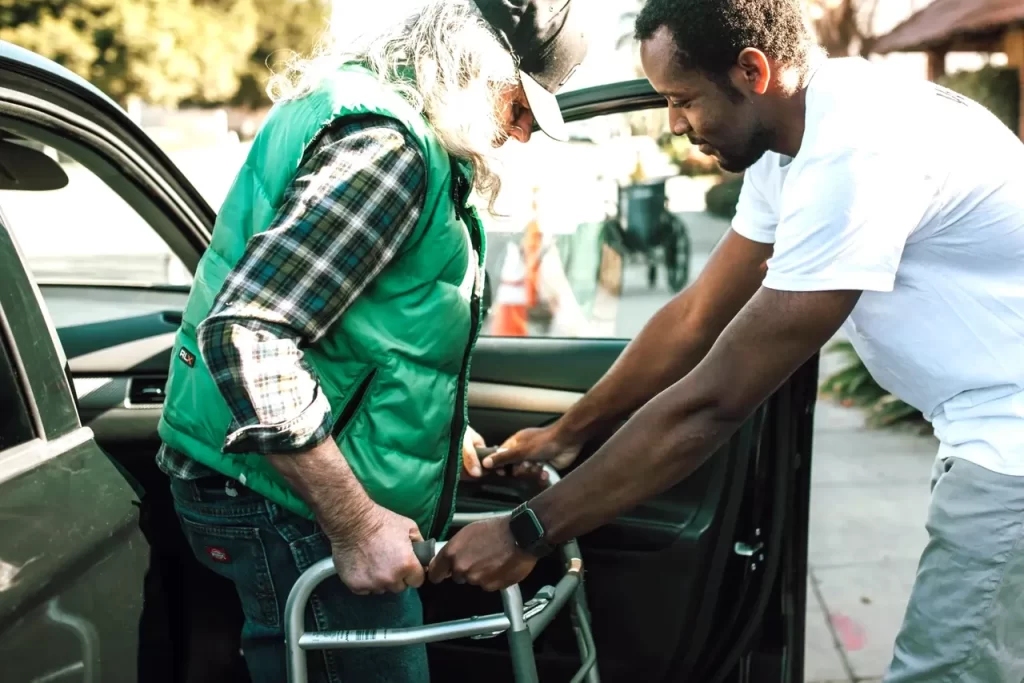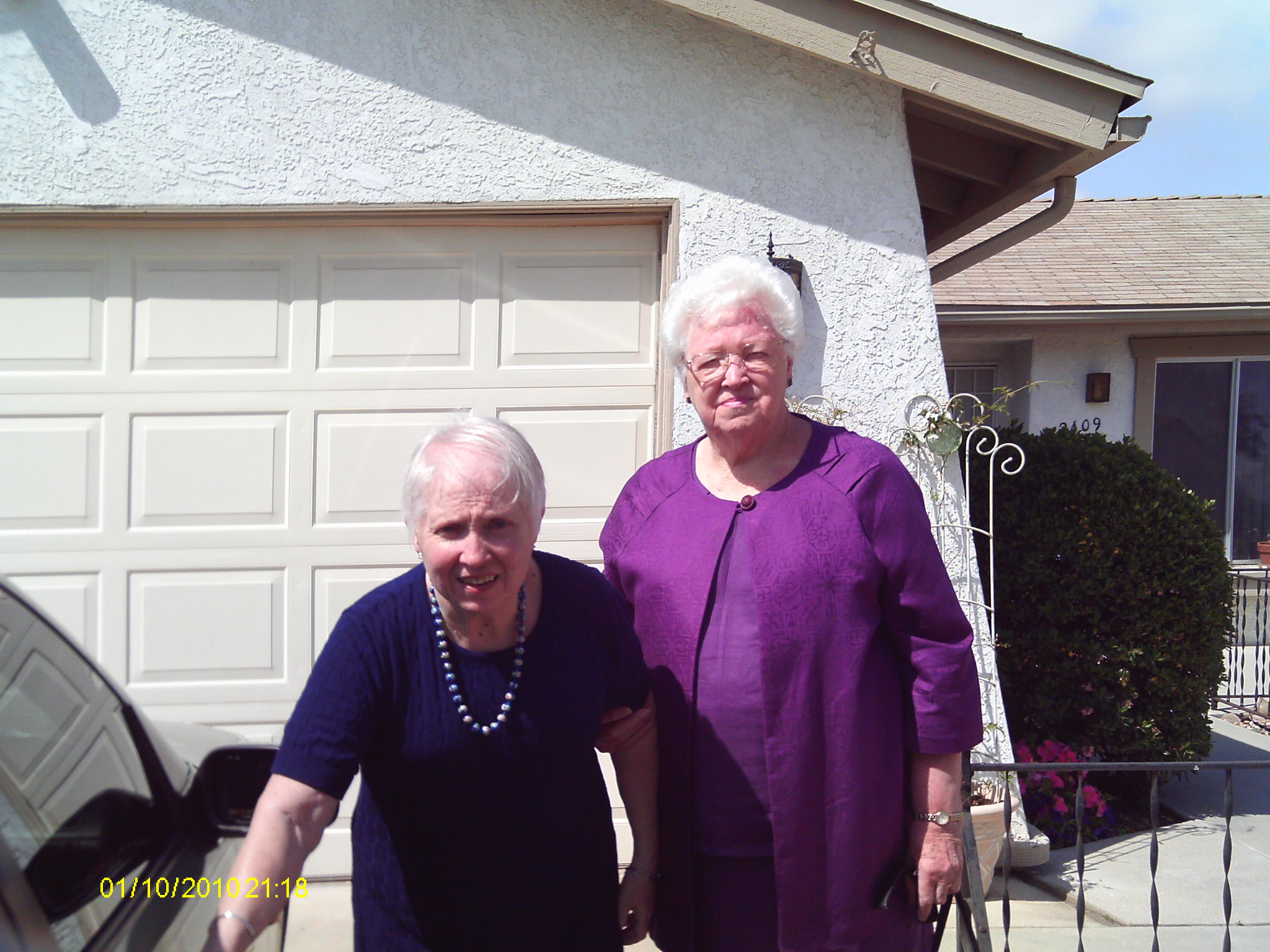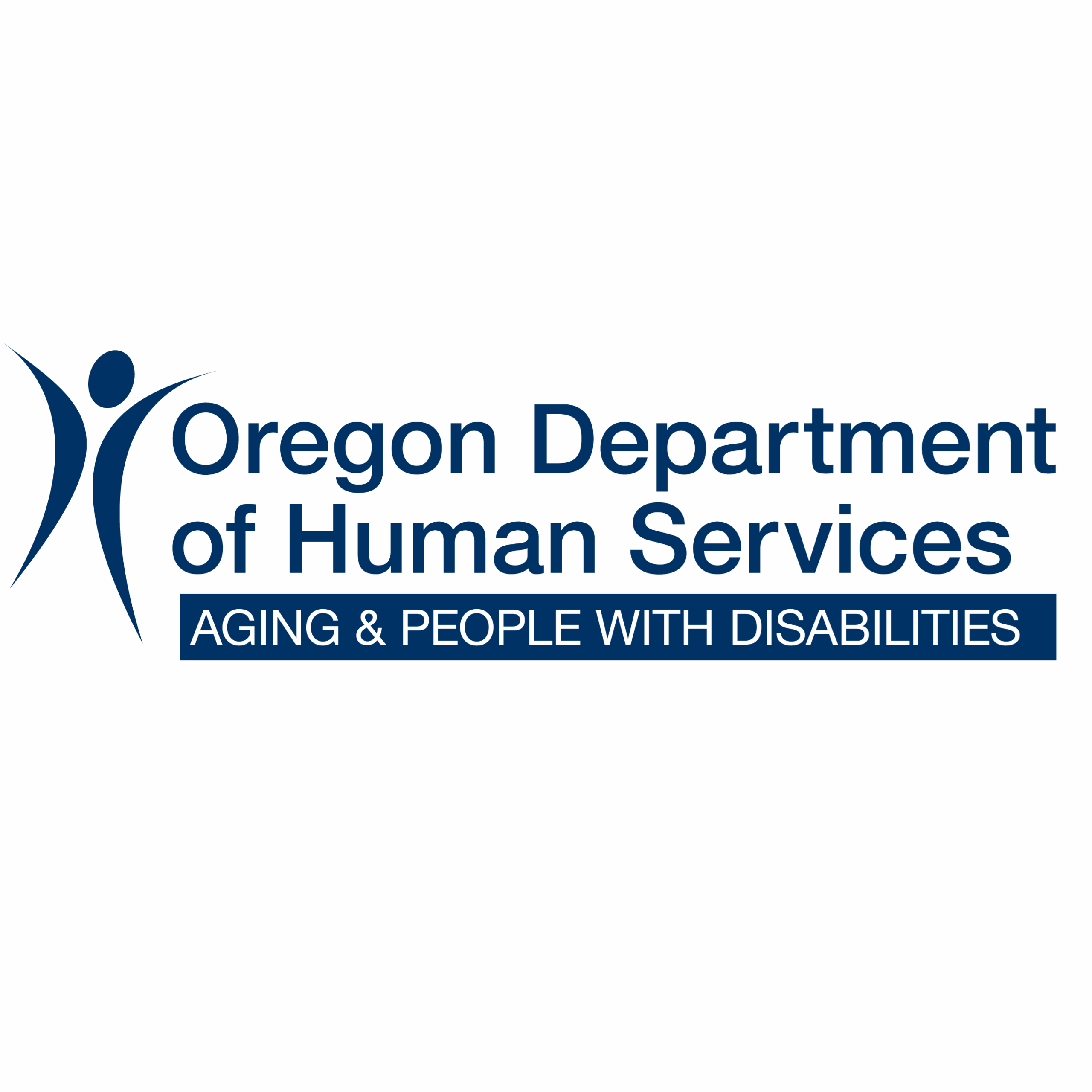Emotional Toll
Caring for Loved Ones whether growing older or youthful accident which leaves them in your care is going to have an emotional toll. All kinds of issues arise, there are good days and not so good days. As dementia cases continue to rise, the emotional burden on caregivers can grow heavy if you are not taking care. Caregivers are often the unsung heroes in a difficult situation, providing support and care for those they love and the people around them. Succinctly, the reality of watching someone you once knew slip away can be heartbreaking. In that heartbreak the emotional toll must be mitigated some how. Jennifer Kem wisely reminds us, “A caregiver cannot help anyone if they themselves are running ragged.” This sentiment underscores the importance of self-care for caregivers, who often neglect their own needs in the process of caring for others.
Impact on Caregivers
Caregivers face a unique set of challenges that can lead to mental health issues such as anxiety, depression, and insomnia. The emotional distress of seeing a loved one forget who you are or struggle with daily tasks can be overwhelming. As the disease progresses, caregivers often find it difficult to relate to the person they once knew, leading to feelings of isolation and sadness.
It’s crucial for caregivers to recognize these feelings and seek help when needed. Support groups, therapy, and even casual meetups with friends can provide the emotional relief necessary to cope with the situation. Caregivers should also prioritize their physical health by incorporating regular exercise, nutritious eating, and good sleep hygiene into their routines.
Coping Skills
Protective Factors, or coping skills, for Caregivers and Loved Ones is very important. While the emotional toll on caregivers is significant, there are protective factors that can help not only the caregiver but also the person experiencing dementia:
- Regular Physical Activity – Encouraging caregivers to engage in regular physical activity is essential. This not only helps reduce stress but also boosts overall mental health. Whether it’s a brisk walk or a yoga class, movement is key.
- Eating Healthy – A balanced diet can improve both physical and mental well-being. Caregivers should make it a priority to eat nutritious foods, which can help maintain their energy levels and mood.
- Building a Healthy Support Network – Creating a strong support system is vital. This network should include friends, family, and even online communities. However, face-to-face interactions are crucial for emotional support.
- Good Sleep Routine – Quality sleep is essential for effective caregiving. Establishing adequate sleep hygiene can help caregivers recharge and maintain focus and patience.
- Regulating Stress and Emotions – Finding ways to manage stress is critical. Caregivers should not hesitate to seek professional help or lean on their support networks. Simple practices like deep breathing, meditation, or spending time in nature can have profound effects on mental health.
Self-Care Ideas for Caregivers
Incorporating small acts of self-care into our daily routines can make a big difference to everyone. You can even used these for the person you care for! Here are some practical ideas:
- Get a Massage: Treat yourself to a relaxing massage to relieve physical tension and improve your mood.
- Invite a Friend for Coffee: Social interactions can provide a much-needed emotional lift and remind you that you’re not alone.
- Create a Feel Good List: Write down five things you can do each day that make you feel good, smile, or laugh. Strive to do one a day. This could be listening to your favorite music, watching a funny show, or taking a moment to enjoy nature.
Conclusion
Caring for someone with dementia is an incredibly challenging journey, but it’s important for caregivers to remember that they are not alone. Taking proactive steps to care for their own mental and physical health can not only enhance their ability to support their loved ones but also improve their quality of life.
For more ideas on engaging activities that can benefit both caregivers and loved ones, check out these dementia-friendly activities and fun ideas for brain health.
Remember, the best way to care for someone else is to first care for yourself.









